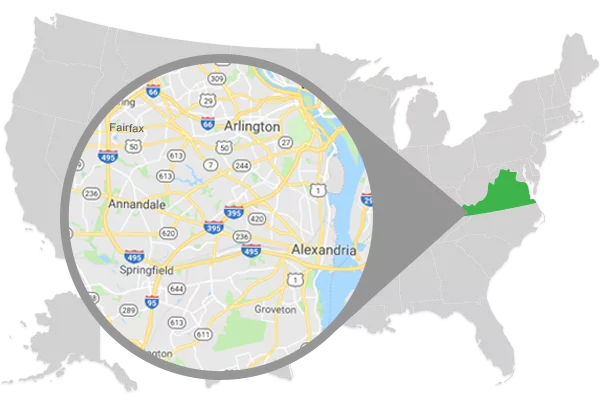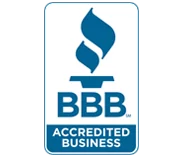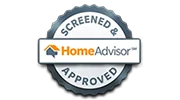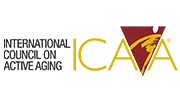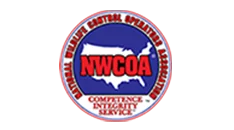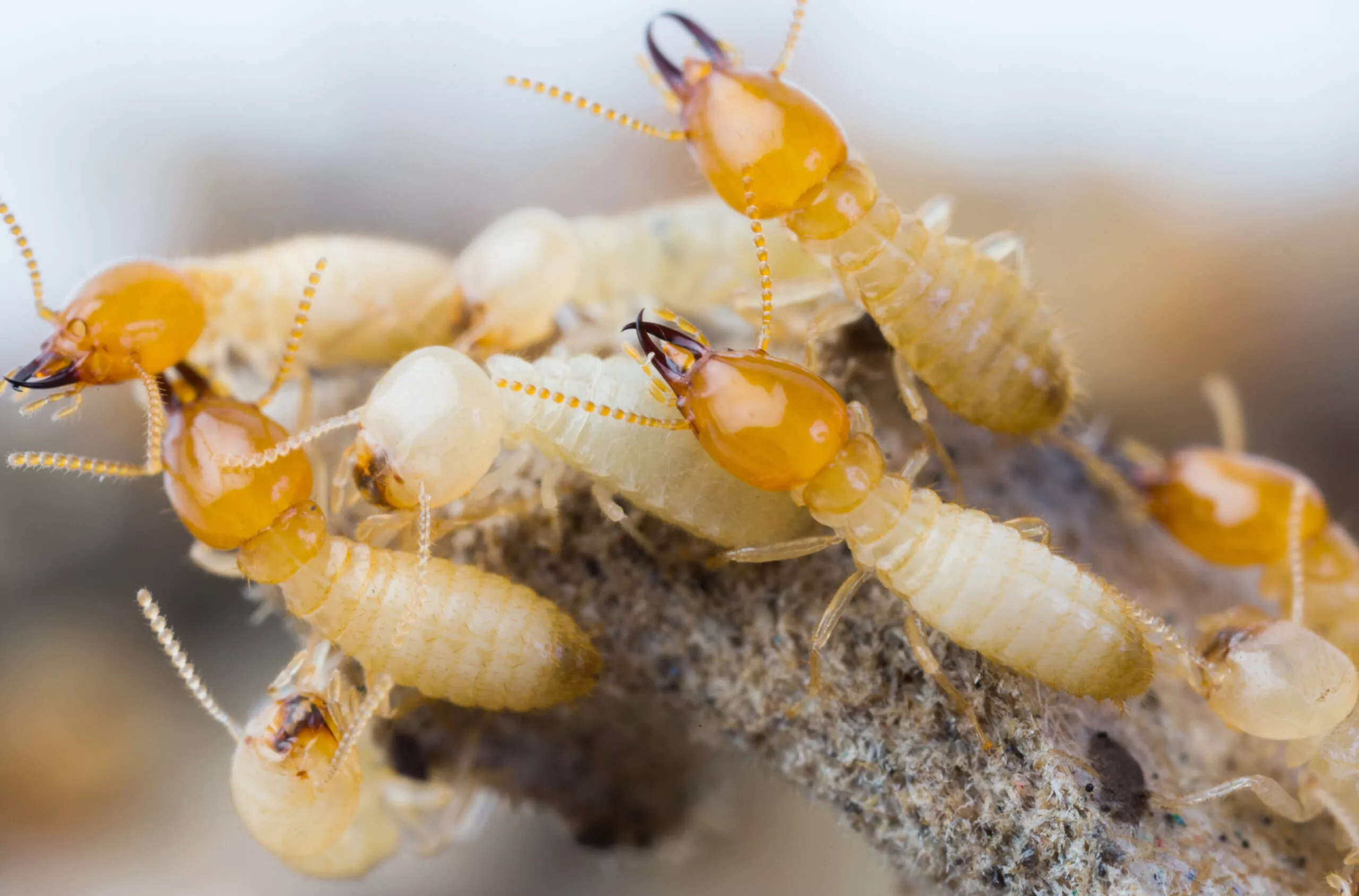
What do termites look like?
Termites are insects that are closely linked to wood-eating cockroaches. There are over 3000 species of termites worldwide and over 40 species in the United States. The most commonly found termite in Virginia is the eastern subterranean termite. Termites are sometimes referred to as white ants, although they are not part of the ant family. Termites are small, measuring up to be about half an inch, while the queen is usually about four inches long. The workers and soldiers are blind and rely on their other senses which they detect through their antennae. The antennae allow them to taste, touch and sense heat, vibrations and scents.
Termites will feed off wood and are capable of causing extreme damage quickly. They are sometimes referred to as silent destroyers because the damage they cause can go undetected for many years. Colonies can range in size from a few hundred up to a million. The reason why termites are often not spotted until immense damage has been done is because while there are many members of the colony, termites might be in the attic, under the home, in a crawl space or other areas that are not typically frequented.
In a termite colony, there are the swarmers, the soldiers, workers, nymphs, reproductives and the queen. A termite colony can range from two termites to millions of termites. The workers don’t have wings and have a hard head. They work on the repairs and maintenance to the tunnels, care for the queen and eggs and forage for food. The soldiers defend the colony and the nest usually against ants. They are larger than the workers with bigger heads and mandibles that help them protect their colony. Reproductives work to supplement the colony when the queen is not reproducing enough. The nymphs are the immature termites that will become swarmers and will leave the nest.
How can you tell the difference between carpenter ants and termites?
Carpenter ants have longer front wings than hind winds. They also have antennae bent to a 90 degree angle. Termites on the other hand have wings of equal length and have antennae that are straight and may even droop. Termites are often difficult to see unless they are swarming whereas ants can be seen inside the home. Ants have a narrow middle section while termites have a broad middle section. Ants have a hard body that is in three segments and termites have a soft body that is in two segments.
What kind of damage can termites cause in your home?
When people think about termite damage, they often think about houses falling apart or caving in. Most of the time, those damages are sustained from a mixture of things such as general wear and tear to the home and damage from weather or age. When there are termites, it can make the infrastructure of the home more susceptible to long-term and lasting damage. Termite damage is usually quite difficult to fix, especially if the damage has been sustained over a course of several years or the termite colony is especially large. Some termite colonies are small and do not cause as much or as immediate damage as other species of termites.
What are the signs of termites?
Some signs of termites include termite damage which can present itself in the form of structural damage to the wood parts of the home, including the doors, window frames and wooden furniture. Sometimes you cannot see the termite damage because it is happening under the home in the foundational structure. Some other signs of termites include water damage, strange designs in wooden structures that resemble mazes, mud tunnels on or near the home’s foundation, walls or ceilings that appear to be buckling or seeing swarms of termites, piles of their feces or discarded wings.
How can I prevent a termite infestation?
Termites are drawn to moisture, so it is important to keep the foundation of the home dry by making sure that the soil stays dry with proper drainage systems or gutters and downspouts. It’s also important to fill cracks and openings in the foundation or other areas where the termites might be getting in. Leaks should be fixed immediately and vents need to be cleared of any type of blockages. Firewood and wood debris needs to be kept away from the home and trees and shrubs should be trimmed.
What to do if there are termites on your property?
If you have termites on your property, the best thing to do is to schedule an inspection. The inspections are free if you suspect you have termite activity on your property. If you need a WDI report to refinance or sell your home, we can complete that for you for a fee of $125. If we happen to find termite or other wood destroying activity on your property, we can begin a treatment for you if you are interested. The sooner the problem is assessed and treated, the better.
Termite Control丨Summit Pest Control
Summit Pest Control can offer a variety of pest control services, ranging from ant control, mice and rat removal and termite control. If you suspect termites on your property or know you have them, it is important to have a thorough and professional inspection to properly identify the issues and make sure the damage is assessed in a timely manner in order for treatment to begin.
How are termites treated for and how is the damage fixed?
At Summit Pest Control, we treat with liquid baits, monitoring stations and termiticides. If the problem is more extreme, we might have to use the termite rig, which is a large tank filled with termiticide and is sprayed rigorously over the affected area. The soil around the home will be treated and the wood that is damaged can be treated too. In addition to chemical treatments, there are non-chemical treatments that can be used to control the termite population on your property. The non-chemical treatments include physical barriers, steel mesh and sands and nematodes or fungi.
If you have a termite infestation or termite damage, contact us today to schedule an estimate. If you need a WDI (Wood Destroying Insect) report for a refinance or to sell your home, we can complete an inspection report for you for a fee of $125.



